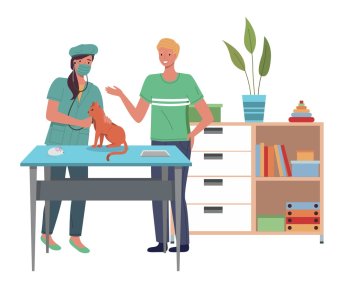Exam Prep
DSM-5-TR Stimulant-Induced Mild Neurocognitive Disorder
Help! When Does a Therapist Consult versus Refer Out?
DSM-5 TR Update: Suicidal Behavior and Non-Suicidal self-Injury T and Z Codes
Help! What’s the Difference Between Privilege vs Confidentiality in Therapy?
DSM-5-TR: Reinstating Unspecified Mood Disorder
ASWB Exam: Prolonged Grief Disorder
DSM-5-TR Changes for the ASWB Exams
DSM-5-TR The DSM-5-TR was released in March of 2022, and beginning in January 2024, the ASWB exams will begin testing the TR version of the DSM-5. (Through 2023, they will continue testing the DSM-5). Thankfully, the changes are relatively minor and shouldn’t cause any panic for test takers whether you're taking the exam this year or next. Later this year, TDC will update our LMSW and LCSW content to reflect these changes. Rest assured, whether you are taking the test this year or in 2024, we will give you everything you need to be well prepared to pass your exam with confidence. The primary
Law & Ethics Exam Prep: Dual Relationships
ASWB Exam Prep: Animal Abuse Reporting
As social workers, how do we respond to animal abuse? Are we required to maintain confidentiality, or are we mandated to report? Find out in today's ASWB blog for the LMSW and LCSW exams.










